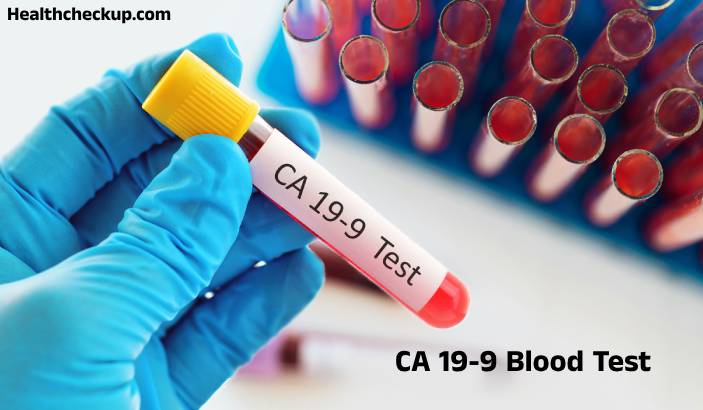The CA 19-9 blood test is used to measure the level of carbohydrate antigen 19-9 (CA 19-9), a tumor marker often associated with pancreatic cancer. This test can provide valuable insights into the presence and progression of certain cancers, especially those affecting the pancreas.
Purpose of the CA 19-9 Blood Test
- Detecting Pancreatic Cancer: The primary purpose of the CA 19-9 blood test is to help detect pancreatic cancer by measuring levels of the CA 19-9 tumor marker in the blood.
- Monitoring Cancer Progression: For patients with diagnosed pancreatic cancer, the test can help track disease progression and assess the effectiveness of treatment.
- Diagnosing Other Cancers: CA 19-9 levels may also be elevated in other cancers, such as bile duct cancer or gallbladder cancer, providing diagnostic insights.
- Guiding Treatment Decisions: The test results can guide treatment planning, especially in monitoring the response to chemotherapy or surgery.
Preparation for the CA 19-9 Blood Test
- Medical History Review: Before the test, discuss your medical history with your healthcare provider, including any previous cancer diagnoses and current medications.
- No Fasting Required: The CA 19-9 test generally does not require fasting or specific dietary restrictions, allowing for flexible scheduling.
- Medications and Supplements: Inform your healthcare provider about any medications, supplements, or herbal products you’re taking, as these might influence test results.
- Emotional Preparation: Since the test can be associated with a cancer diagnosis, having support from family or friends can help manage anxiety.
Procedure of the CA 19-9 Blood Test
- Blood Sample Collection: The test involves a simple blood draw from a vein, usually in the arm. The procedure is quick and typically takes only a few minutes.
- Laboratory Analysis: The collected blood sample is sent to a laboratory where CA 19-9 levels are measured. The test uses immunoassay techniques to detect the specific antigen.
Normal Range for CA 19-9 Blood Test
- Typical Values: Normal levels of CA 19-9 in the blood generally range from 0 to 37 units per milliliter (U/mL). However, this range can vary slightly based on the laboratory and testing method used.
- Significance of Elevated Levels: Elevated levels above 37 U/mL might indicate the presence of pancreatic cancer or other conditions that cause increased CA 19-9 production.
Results Interpretation
- High CA 19-9 Levels: Elevated levels might suggest the presence of pancreatic cancer, but they can also occur in other cancers or non-cancerous conditions like pancreatitis.
- Monitoring Treatment: For patients with diagnosed pancreatic cancer, the test can help track treatment response and guide ongoing care.
- False Positives/Negatives: It’s important to note that elevated levels do not definitively diagnose cancer, as other factors can influence CA 19-9 levels.
The CA 19-9 blood test is a tool used primarily for detecting and monitoring pancreatic cancer. Its ability to measure the levels of a tumor marker in the blood provides critical insights into the presence and progression of certain cancers.
I specialize in writing about health, medical conditions, and healthcare, drawing extensively from scientific research. Over the course of my career, I have published widely on topics related to health, medicine, and education. My work has appeared in leading blogs and editorial columns.









